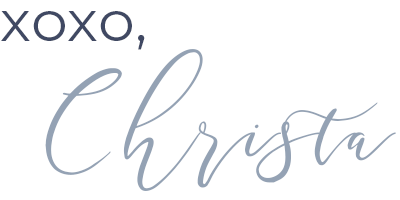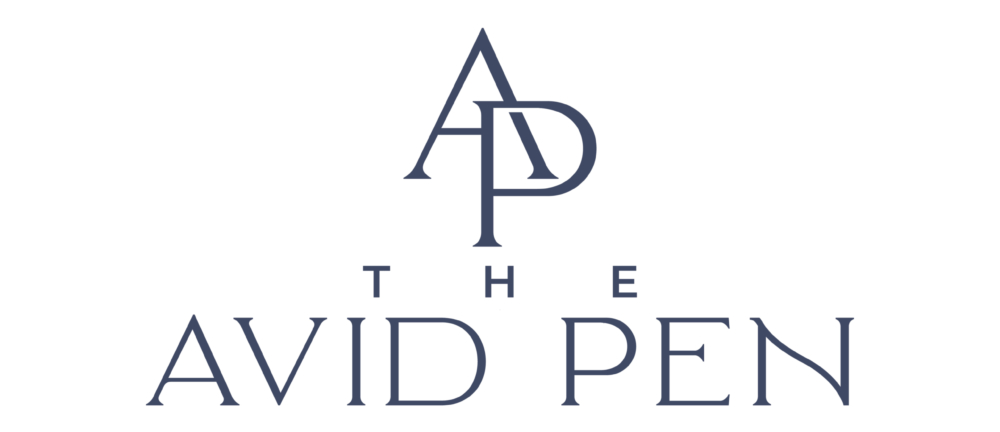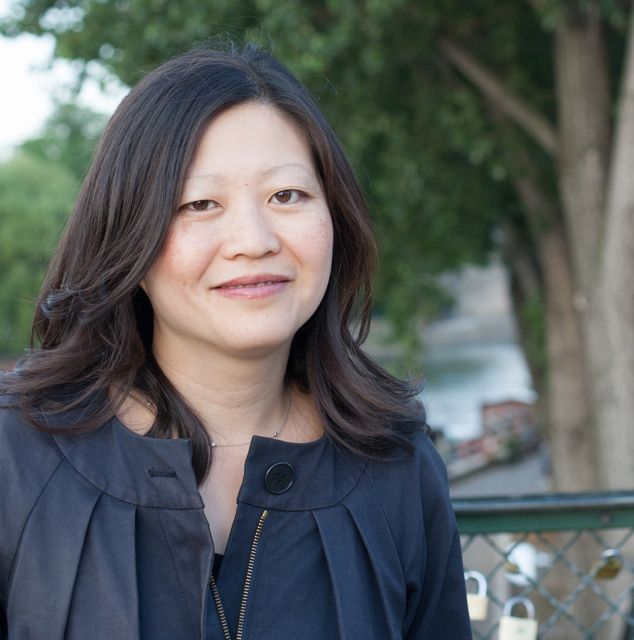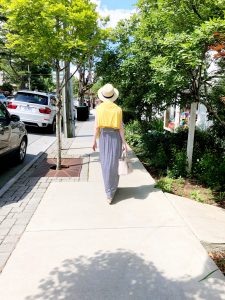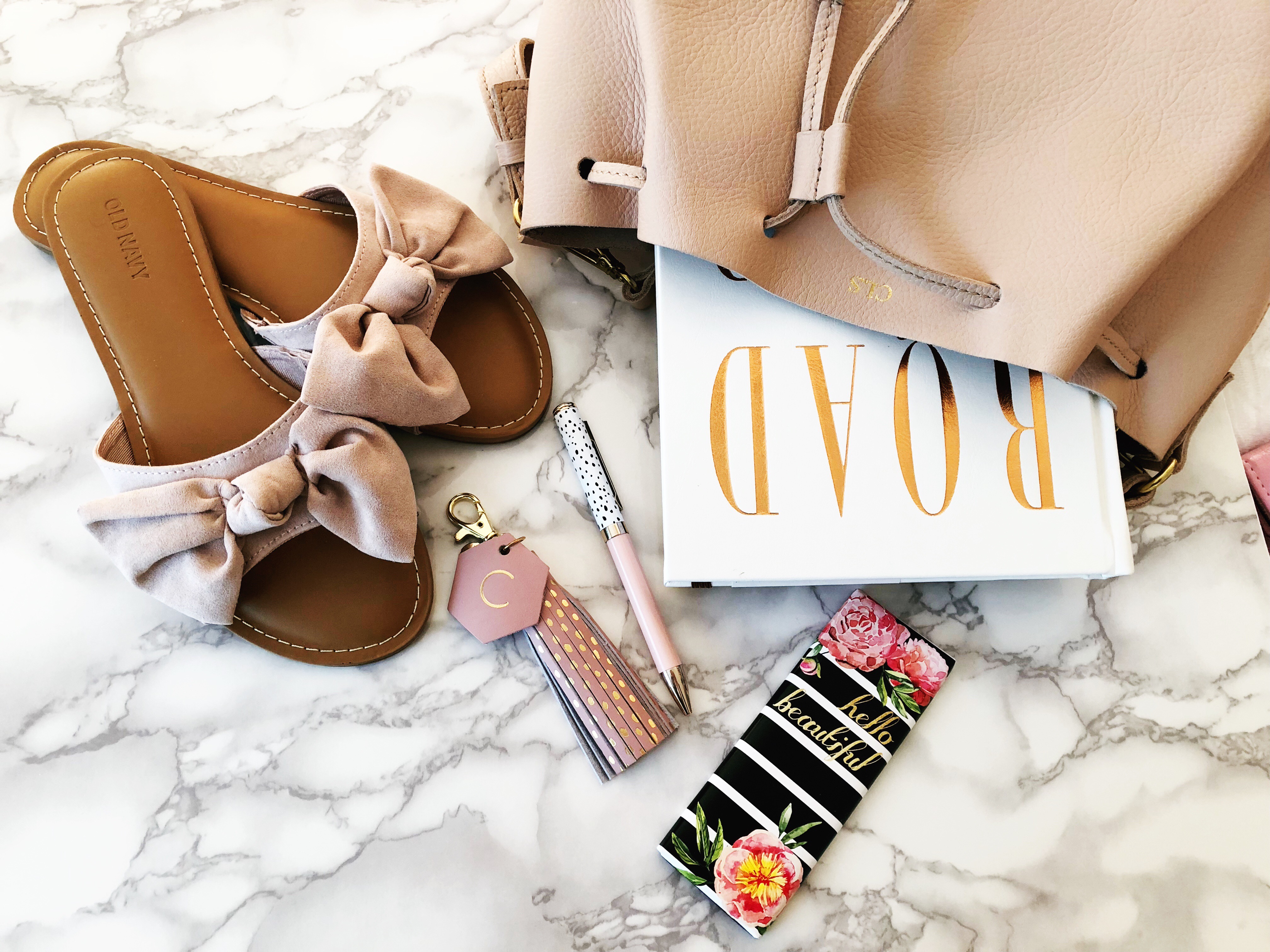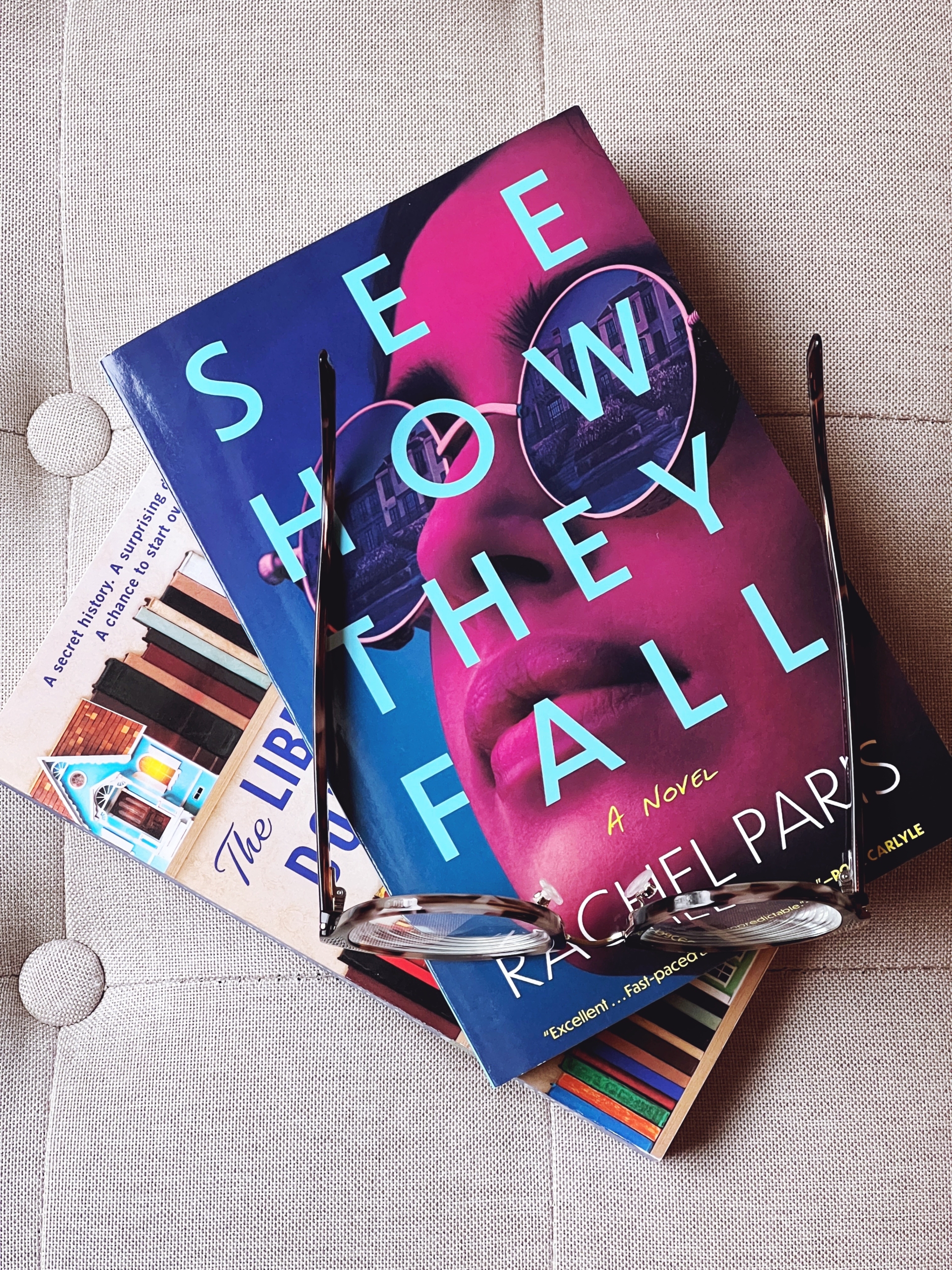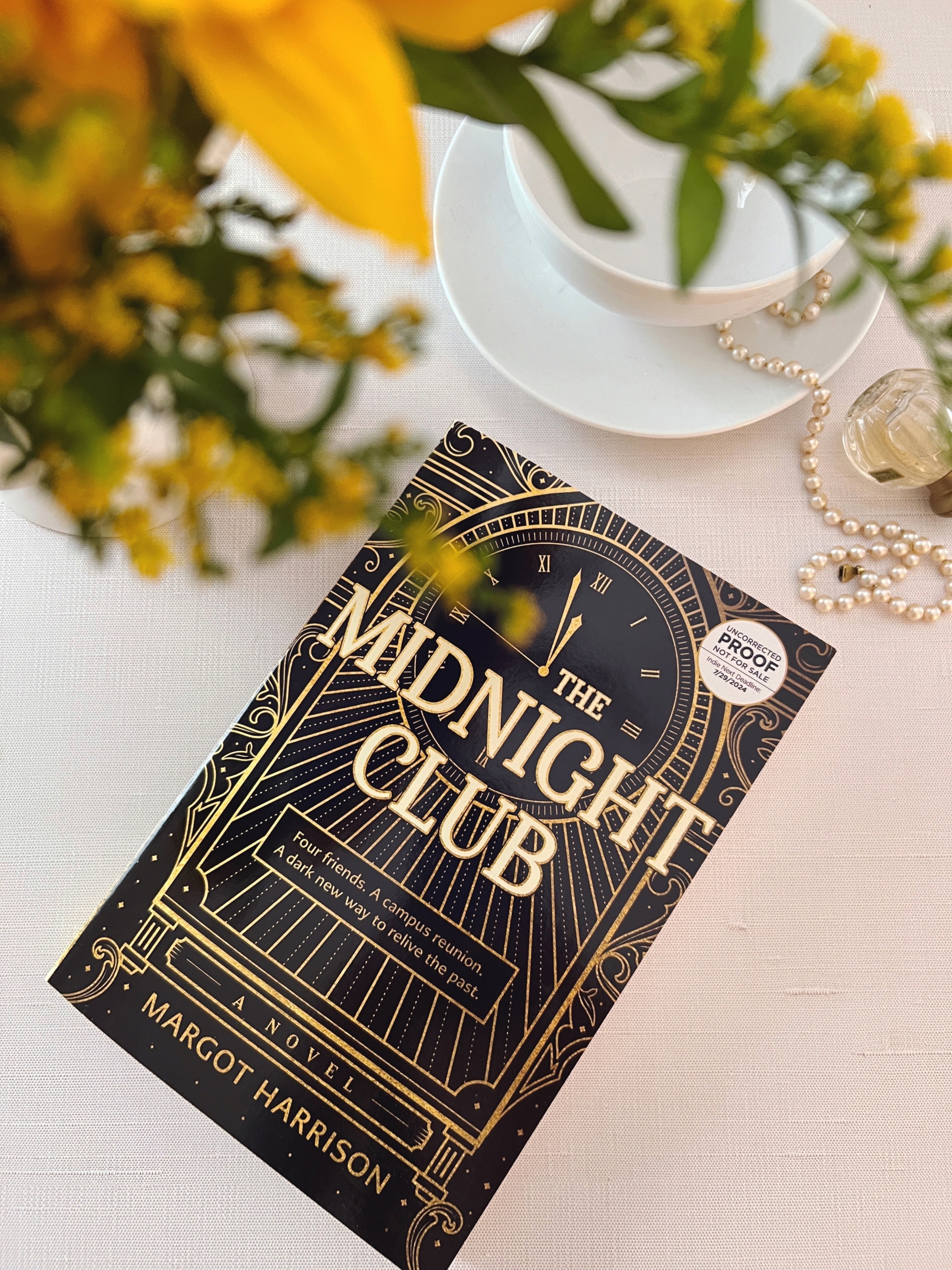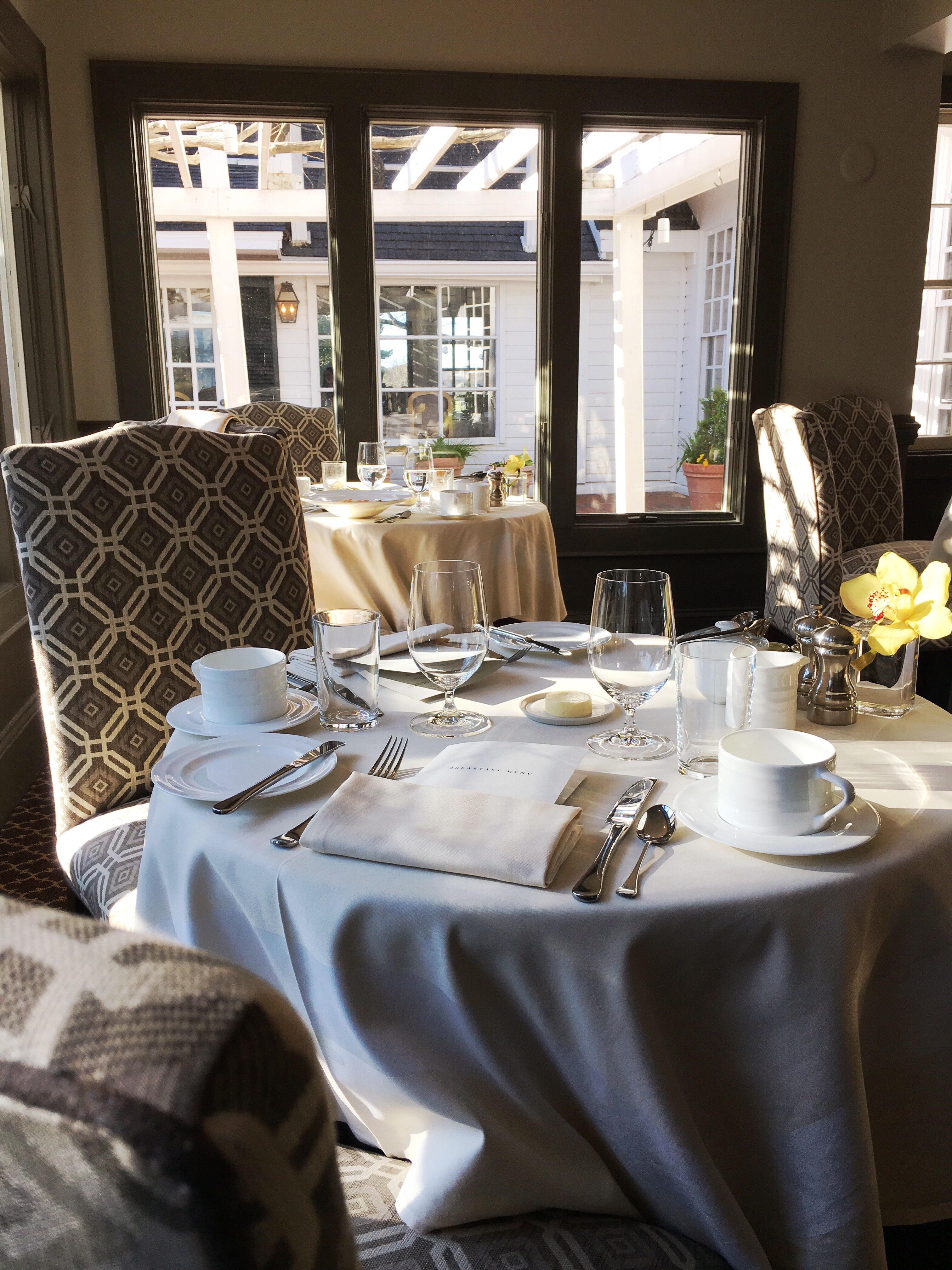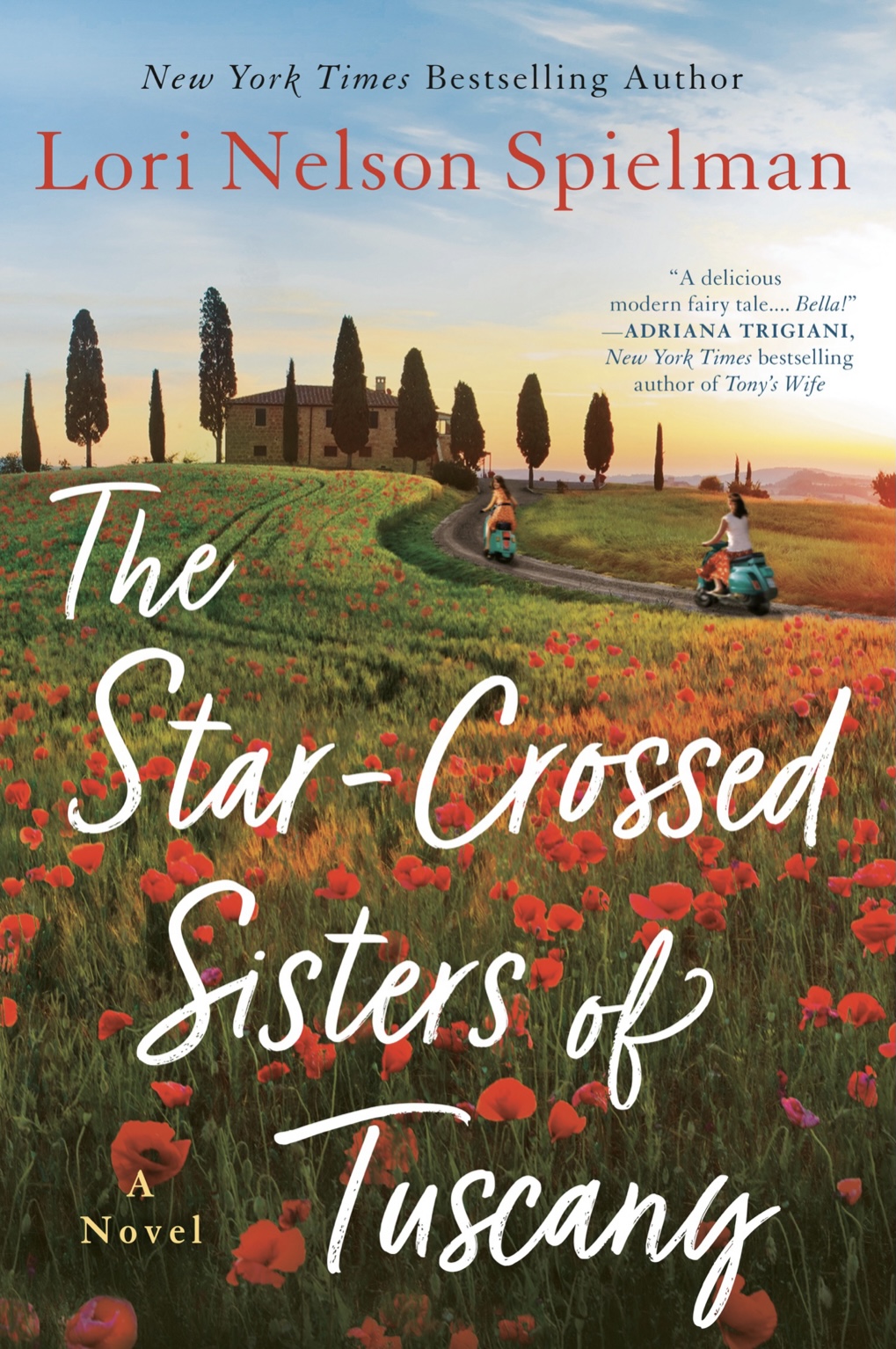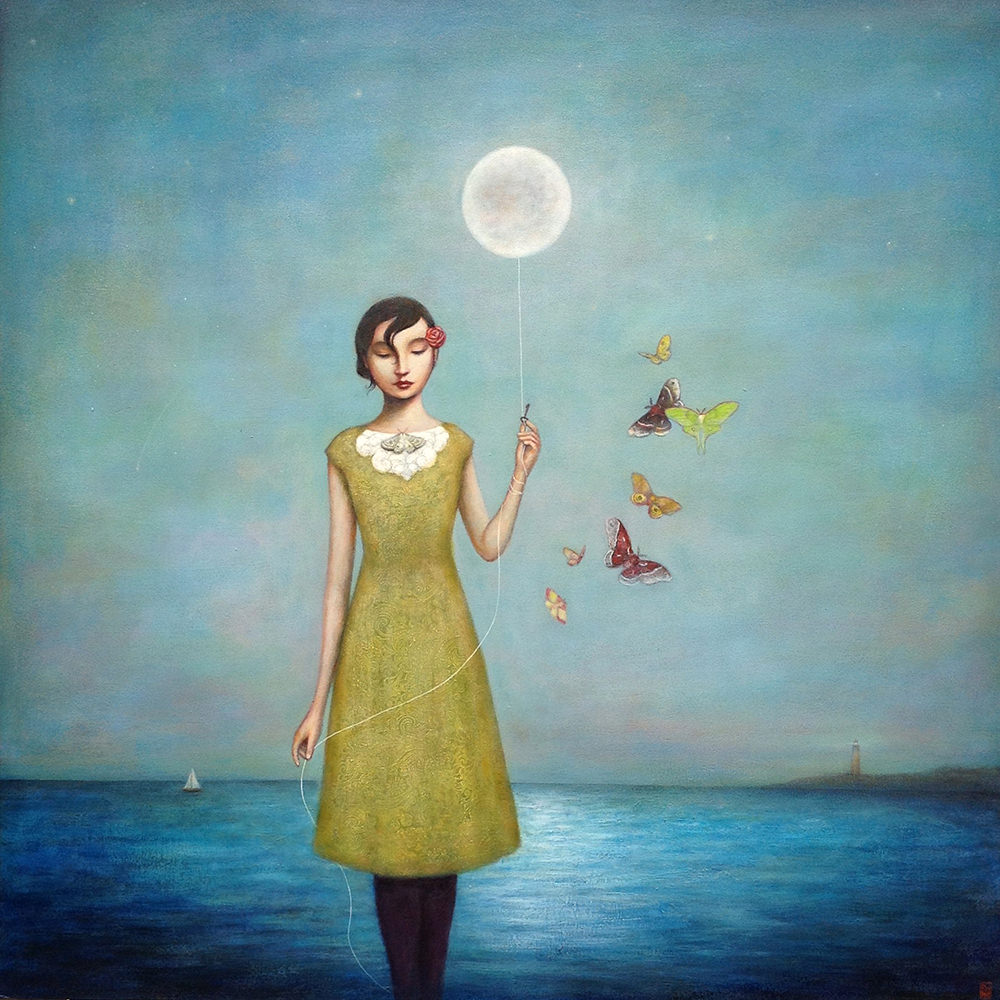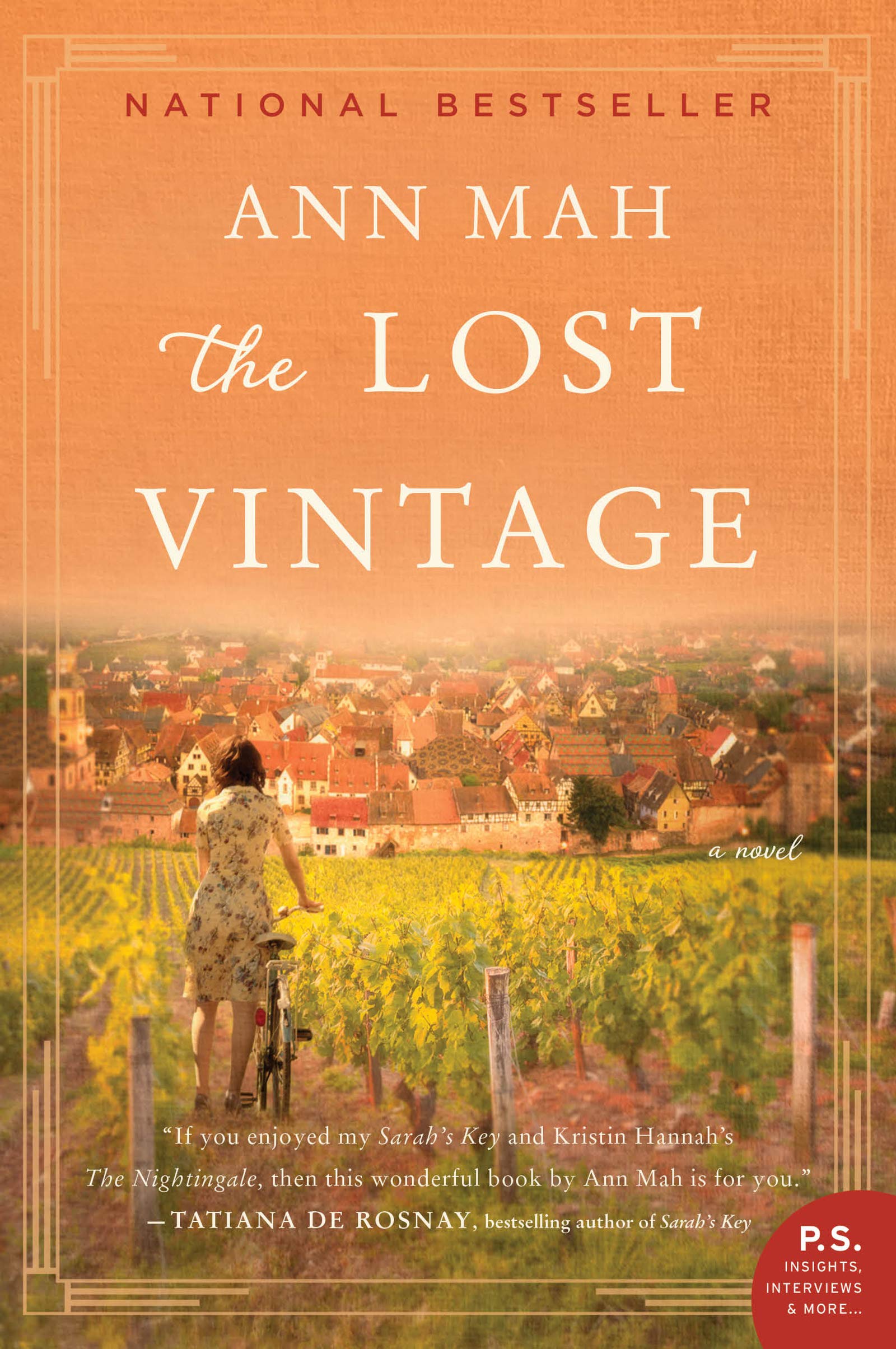
If you haven’t read The Lost Vintage, the latest novel from Ann Mah, it is THE book you should be reading this Summer. Mah weaves together Kate’s story in the present day and her family’s secret past with such rich detail that you will find yourself unable to put the book down from the moment you turn the first page.
In this interview, Ann shares the inspiration behind the book and what she’s working on next.
When did you first come up with the ‘idea’ for The Lost Vintage?
I first visited Burgundy in 2010 to research an article on Thomas Jefferson’s favorite vineyards in France. The minute I set foot in the region, I was captivated by the vine-covered slopes and charming villages. And if I sensed ghosts there, hovering amid the beauty, they only added to my fascination. I think the seed for this novel was planted then. A few years later, I volunteered to pick grapes at the harvest in Champagne. Harvest volunteers are often given free room and board, and I was put up in an empty attic apartment at the vineyard house. The rooms hadn’t been touched since the 1960s: they were sparsely decorated with mid-century hospital furniture; the floors creaked; the wallpaper was peeling, and at night the rural silence was deafening – and bone-chilling. Even though I was exhausted from long days of physical labor, whenever I lay down to sleep, my imagination would cartwheel. And so, I slept with the lights on, and when I woke, I wrote in my journal. This story was born from those wild scribblings.
Is the character Kate based on a real person or is she purely fictional?
I’ve always been fascinated by professional craftsmen and women who strive to become the very best in their field. When I learned about the rigorous Master of Wine distinction, it immediately seemed like the perfect way to explore the crossroads of ambition and personal life that affects so many people these days. While Kate is always striving, her French family is almost purposefully unambitious, which she finds both charming and maddening.
Was there a particular part of The Lost Vintage that you either enjoyed or struggled with writing the most?
As I mentioned, I was captivated by the beauty of Burgundy – but I felt something ominous there, too. I didn’t really understand it until I started researching World War II and learned more about the “épuration sauvage,” the spontaneous “wild purge” that punished thousands of women throughout France in the days and weeks following the Liberation. Accused of “horizontal collaboration,” or sleeping with the enemy, these women were targeted by vigilante justice and publicly humiliated. Their heads were shaved, they were stripped, paraded through town, smeared with tar, stoned, kicked, beaten, and sometimes killed. Yes, some of them had slept with Germans. Some of them were prostitutes. But some had been raped. Some were women who merely worked for German soldiers, as was the case with one cleaning lady. Some were framed and falsely accused out of jealousy. Many were mothers desperate to feed their starving children. In almost every case, their punishment was far worse than their male counterparts. These women – over 20,000 of them! – were the most vulnerable members of society, and they became scapegoats for a humiliated nation. I felt it was important for their story to finally be told.
While reading the novel, it’s clear that you have a love for the culinary world. What do you enjoy the most about blending your love of food into your novels?
When writing fiction, I can’t imagine two better metaphors than food and wine – they speak to our deepest desires (or disgusts), our most visceral memories. You can communicate so much through a character’s favorite foods. As well, the dinner table remains my absolute favorite setting to write a scene of family conflict – everyone is tidily in one place, but each person has their own motivations and distractions.
Is anything in the book based on your personal experiences?
It was important to me to be able to write accurately about the wine world, so as part of the research for this book, I took classes through the Wine and Spirits Education Trust, which is the same organization that administers the Master of Wine program. I learned just enough to know I’m definitely not an expert! As part of the class, we did blind tastings, in which we smelled and tasted different wines and identified flavors from the wine aroma wheel. People would call out things like “dill,” “petrol,” or “green peppers,” and everyone would argue until the teacher came down with the final verdict. My fellow classmates were really competitive. I used to joke that it was like a blood sport.
How much time did you spend in the Burgundy region to research for The Lost Vintage?
I’ve visited Burgundy a couple of times, and have read a lot about the region. It’s been prosperous for centuries, so a lot has been written about it!
As a recipient of the James Beard Foundation culinary scholarship, you had the opportunity to study in Bologna, Italy. Tell me a little bit about this experience and how it inspired your books.
One of the best parts of my time in Bologna was learning about the traditions and standards behind products like balsamic vinegar and Parmagiano Reggiano cheese, which left me with a life-long curiosity about the intersection of food, culture, tradition, and place.
How do the cities you live in (Washington, DC, and Paris) inspire you as a writer?
My husband is a diplomat and we move often. I find that fish-out-of-water feeling creeps into my fiction, almost subconsciously.
When you find yourself in need of a little inspiration, is there a particular place or places that you like to go to?
Not a particular place, but a particular activity – reading is a constant inspiration.
Where is your favorite place to write?
I’m not picky – as long as it’s quiet and I have a guaranteed, uninterrupted stretch of time, I’m happy.
What do you enjoy the most about going on book tours after a new book release?
I love meeting readers and hearing their stories.
Are you currently writing your next novel?
I’m writing a cookbook! My dad sent me an Instant Pot last year and I fell in love with it. I was surprised to learn that French home cooks have been using pressure cookers for decades. My cookbook, Instantly French, offers quick and easy French recipes designed for the multifunctional pressure cooker, from boeuf bourguignon to molten chocolate cake. It’ll be out in September.
Ann Mah is a journalist and novelist who is based in both Washington, DC, and Paris, France. In addition to writing her latest novel, The Lost Vintage, she’s been a regular contributor to such publications as the New York Times Travel, Conde Nast Traveler, Vogue.com, Food52, The Kitchn, and BonAppetit.com just to name a few.
Her memoir, Mastering the Art of French Eating, was an Amazon best book of 2013, and winner of the Elle readers prize. She has also written another novel, Kitchen Chinese.
If you’d like to pick up a copy of Ann’s latest book, you can purchase it via the following retailers: Amazon, Barnes & Noble, Books-A-Million, iTunes, and Kobo.
